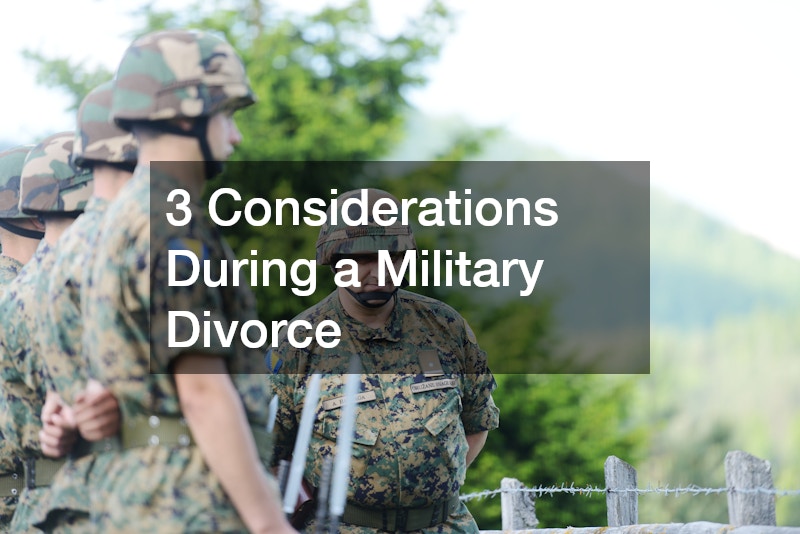If you plan on hiring a military divorce lawyer, consider these aspects of your life during and post-divorce.
1. Division of Military Pensions and Benefits
In a military divorce, the division of pensions and benefits can be complex due to federal regulations and unique military structures. The Uniformed Services Former Spouses’ Protection Act (USFSPA) allows state courts to treat military retirement pay as marital property.
However, the “10/10 Rule” often applies, meaning the non-military spouse is only entitled to direct payment of retirement benefits if the marriage lasted at least 10 years, overlapping with 10 years of military service.
2. Custody and Visitation Rights
Custody arrangements in a military divorce may need extra flexibility to accommodate deployments and relocations. Courts will consider a military parent’s service obligations and may set specific guidelines for custody exchanges. Both parents should discuss future relocation possibilities due to military duties, as sudden moves might affect custody agreements. A “family care plan” can help outline custodial arrangements and emergency plans if one parent is deployed.

3. Healthcare and TRICARE Benefits
Understanding eligibility for continued healthcare coverage, such as TRICARE, is crucial in a military divorce. Ex-spouses might retain TRICARE benefits if they meet the “20/20/20 Rule”—20 years of marriage, 20 years of military service, with at least 20 overlapping years. For those who don’t meet this rule, transitional health coverage may be available through the Continued Health Care Benefit Program (CHCBP), but it involves out-of-pocket costs.






